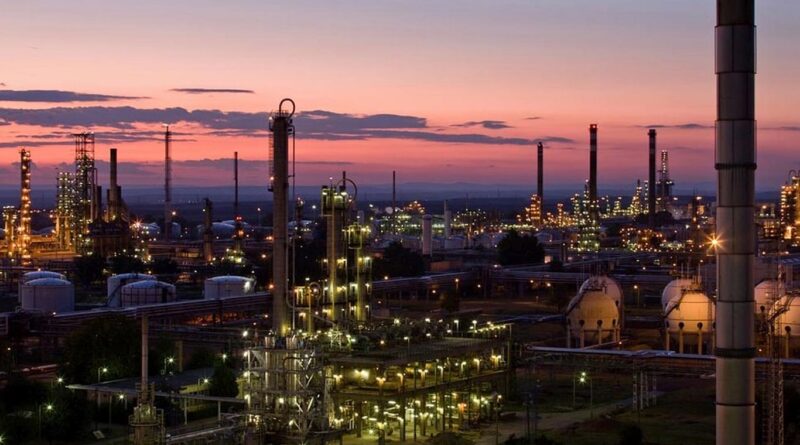South Africa’s imports over 60% of its required petroleum products
South Africa’s fuel industry has undergone a dramatic transformation in recent years, with the country currently importing over 60% of its required petroleum products. This is a significant jump from just 22% four years ago a shift that brings added risks to our local economy.
This shift comes as a result of a shrinking domestic refining capacity, and so instead of importing crude oil to refine locally, South Africa is importing the refined product.
Sarah Wright, Senior Underwriter at Lombard Guarantee, explains that this evolution calls for more flexible financial instruments to maintain a steady flow of fuel (and cash). “As we transition to becoming a net importer of refined fuel, fuel wholesalers and consumers in our economy are needing to look further afield for supply and therefore diversify their suppliers, often purchasing from more than one source.”
According to Wright, the challenges go beyond supply risks. “The move to importing refined fuel has added complexity for suppliers and buyers, who have been forced to navigate financial exposure across international transactions,” she says.
Airlines, mining operations, transport companies, and wholesale distributors all rely on stable fuel supply chains, and there are often a number of layers and businesses involved in this fuel transaction. “The need for risk mitigation strategies on credit arrangements is therefore crucial,” says Wright, “one non- payment or late payment can have a significant domino effect.”
In an increasingly volatile market, businesses must secure financial solutions that can absorb risk while ensuring continuity. This is where insurance guarantees come into play, offering the stability needed to navigate these challenges.
Insurance guarantees can be a key tool for managing these risks – providing financial security to both suppliers and buyers. Wright says that these guarantees allow companies to secure credit terms without needing large upfront cash payments, easing cash flow constraints and ensuring operations continue smoothly. Wright points to the case of a fuel wholesaler who required a substantial guarantee to secure credit terms with a supplier. “After meeting with the client and understanding their business beyond the numbers, a guarantee was issued, allowing them to purchase fuel on credit. Over four years, they effectively managed risk, scaled their operations, and moved away from costly financing options,” Wright explains.
As South Africa’s fuel sector continues to adjust to an import-driven reality, Wright advises businesses to prioritise financial certainty. “Structured guarantees provide stability, ensuring businesses can operate with confidence. They’re not just about mitigating risk; they’re about enabling business continuity,” she adds. “Guarantees offer the stability that both suppliers and buyers need to thrive in an unpredictable credit market.”
By offering financial safeguards that facilitate trade and manage exposure, Wright believes guarantees assist in the resilience of South Africa’s evolving fuel industry.




